Five world-leading academics from the University of St Andrews have been awarded research funding worth a total of almost two million pounds from the prestigious Leverhulme Trust.
Professor Nina Laurie, from the School of Geography and Sustainable Development, has been awarded a prestigious Leverhulme Major Research Fellowship (MRF) worth almost £195,000. Major Research Fellowships are awarded to well-estab
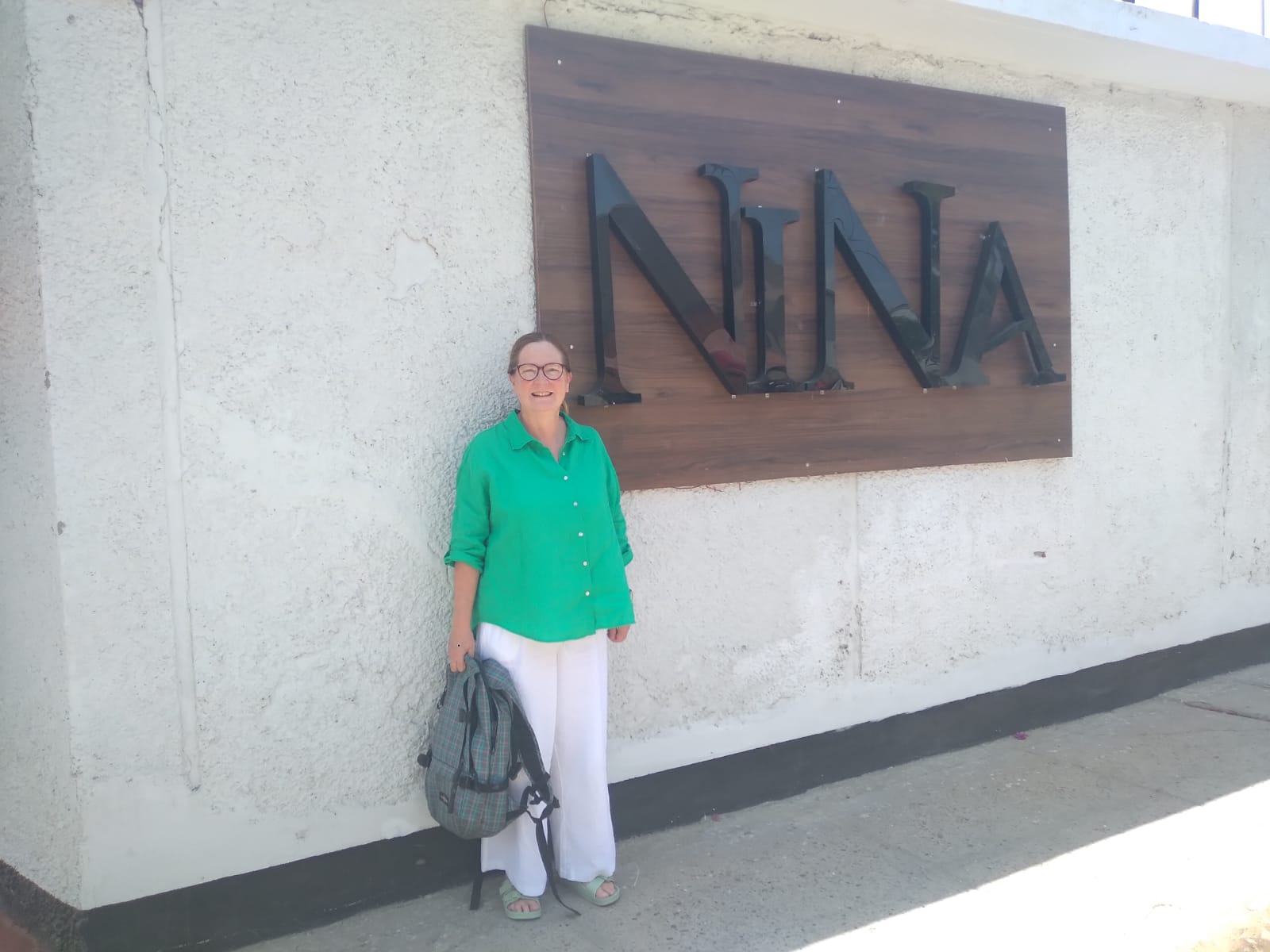
lished, distinguished researchers in the humanities and social sciences to complete a piece of original research. Professor Laurie's research project 'LMF Development futures in a COVID, climate challenges world: a decolonial approach' will use Andean indigenous understandings of time and space to explore new ways of thinking about global development and its possible futures. The project will draw on research carried out in Peru over more than three decades by Professor Laurie.
Speaking about the award, Professor Laurie said: "Peru is the love of my life. As a geographer I am hugely excited to have this opportunity to reflect on what this amazing country, its history, landscapes, and peoples, can teach us about how to imagine our collective global future in a more sustainable way."
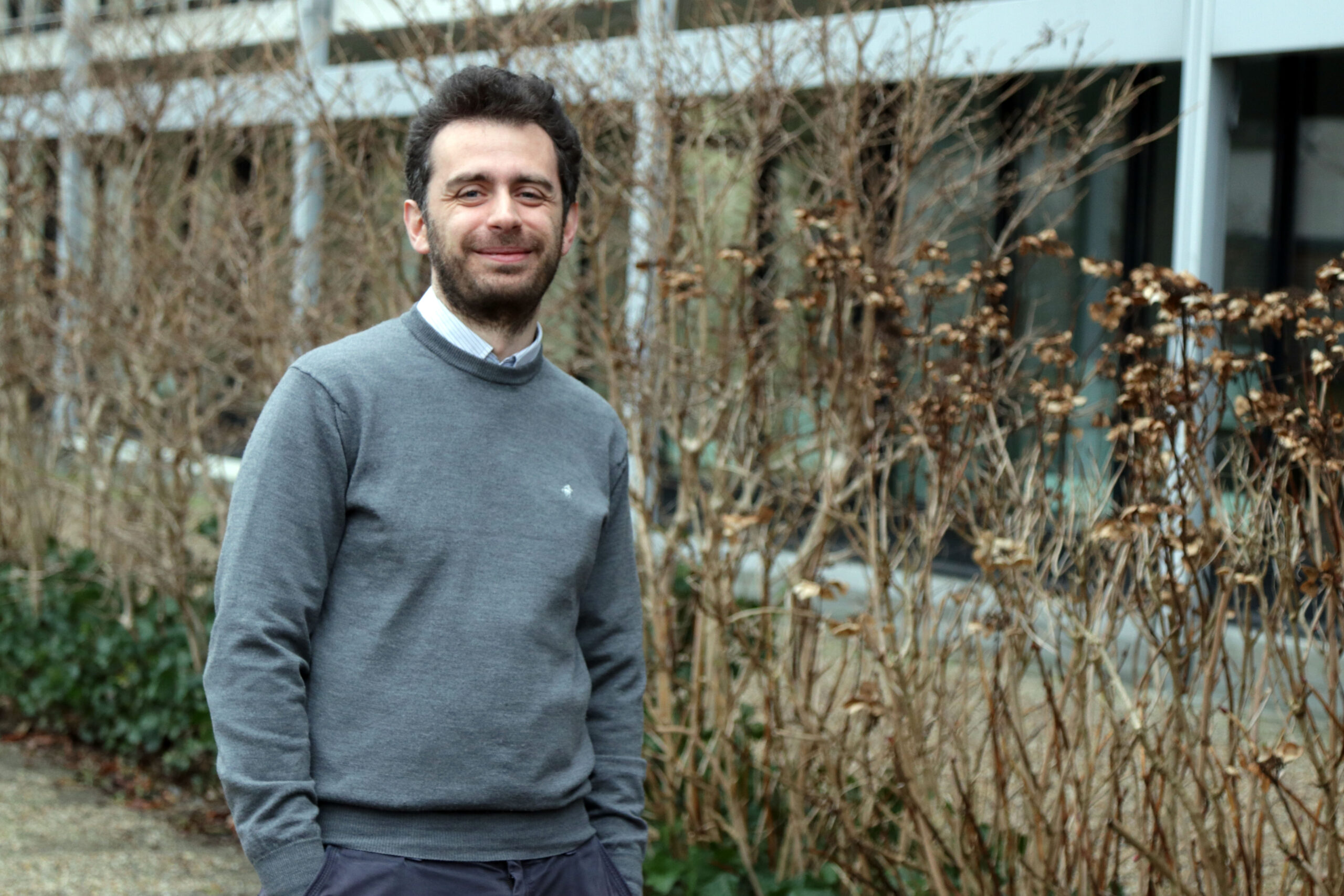
Dr Paolo Annibale, from the School of Physics and Astronomy, has received a Research Leadership Award totalling £990,994. Funding will support Dr Annibale's research project 'Bottom-up nanoscale control of compartmentalized cellular signalling: geometry and finesse'. The research will address the question of how cell geometry can control local 'function', by using a bottom-up approach encompassing a wide array of innovative physical approaches, inclusive of micro and nanotechnologies and advanced optical microscopies. This will hopefully provide a novel methodological toolbox to study key unanswered questions in cellular signaling.
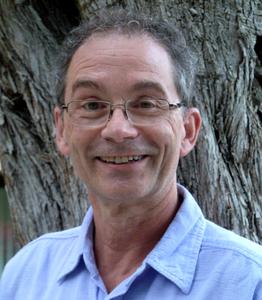
Professor Manfred Buck, from the School of Chemistry, has been awarded a Leverhulme Research Project Grant (RPG) worth almost £129,000 for a two-year exploratory project on 'Metal Electrodeposition Mediated by Carbon Nanomembranes'.
The project will explore new concepts for the generation of metal-insulator hybrid nanostructures which are envisaged to serve as versatile platform for different technological developments ranging from flexible circuit boards for nanoelectronics to gated membranes. It is based on carbon nanomembranes which are freestanding sheets of crosslinked molecules. Not dissimilar to cling films, although ten thousand times thinner, their specific features are utilised to control the deposition of metals by electrochemical means, an approach which both allows very precise control of processes and makes efficient use of resources.
Professor Buck said: "I am delighted to receive this grant from the Leverhulme Trust which allows us to explore unknow territory for this emerging class of two-dimensional materials."
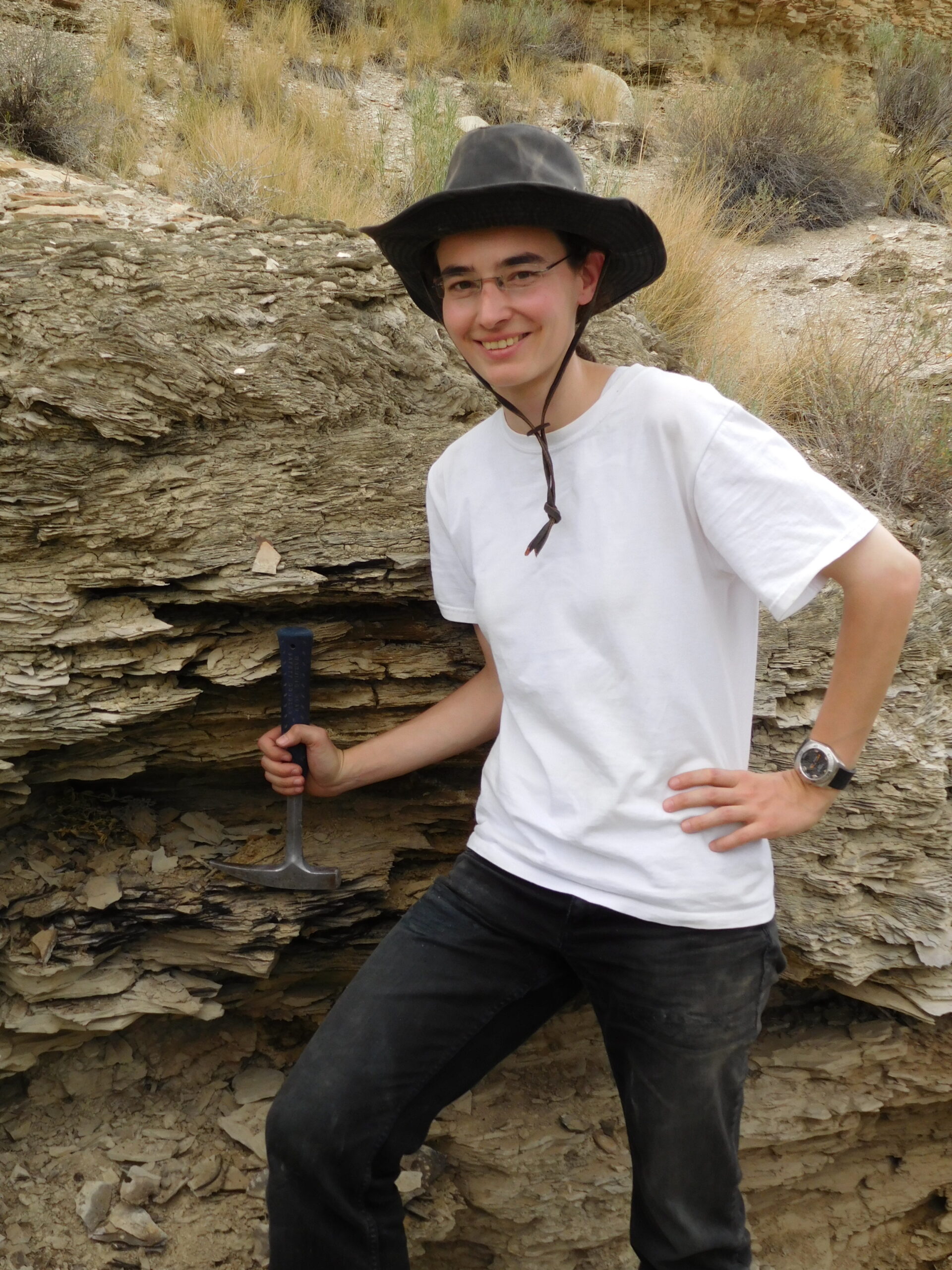
Dr Eva Stueeken, from the School of Earth and Environmental Sciences, has been awarded a Research Project Grant worth £185,461 for the project 'Characterizing hydrothermal nutrient fluxes to define the limits on ancient life'.
The project seeks to address if hydrothermal vents on the seafloor could have been crucial for sustaining Earth's early biosphere and perhaps supercharged the ocean with nutrients during periods of intense volcanic activity. It will investigate key localities in the rock record where hydrothermal fluids were dispersed into the open ocean, allowing researchers to construct a mass balance of nutrient sources and biological uptake. The data will shed new light on the linkage between fundamental planetary processes and biological evolution that may also inform the search for life on other planets.
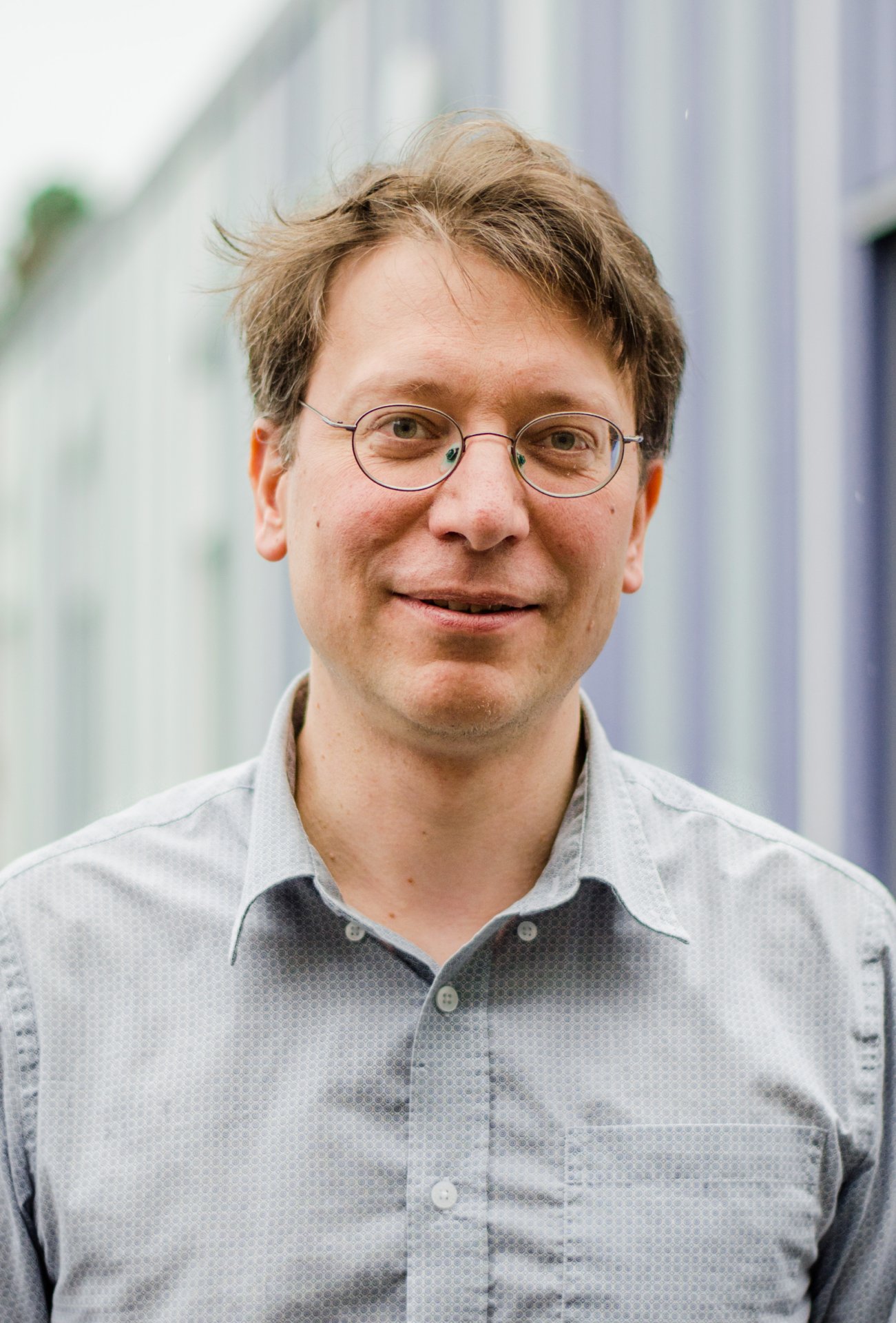
Professor Peter Wahl, from the School of Physics and Astronomy has been awarded funding totalling £363,051 over 42 months for the project 'Solving superconductivity in ruthenate', starting in March 2023. The research will focus on superconductivity, the ability to transport charges with no losses, which promises new more energy efficient technologies.
Professor Wahl said: "Our research will use atomic scale imaging and spectroscopy to resolve the long-standing mystery of the nature of superconducting pairing. In superconductors, electrons, the elementary charges, pair up. These pairs can form in different ways, some of which would enable topological quantum computations, a form of quantum technology where the qubits are particularly robust. Strontium Ruthenate is a superconductor where the nature of pairing has been highly controversial for almost three decades and was a top contender as such a platform for quantum computations."
Since its foundation in 1925, the Leverhulme Trust has provided grants and scholarships for research and education across all academic disciplines. Today, it is one of the largest all-subject providers of research funding in the UK, distributing approximately £100 million a year.
Category Research






